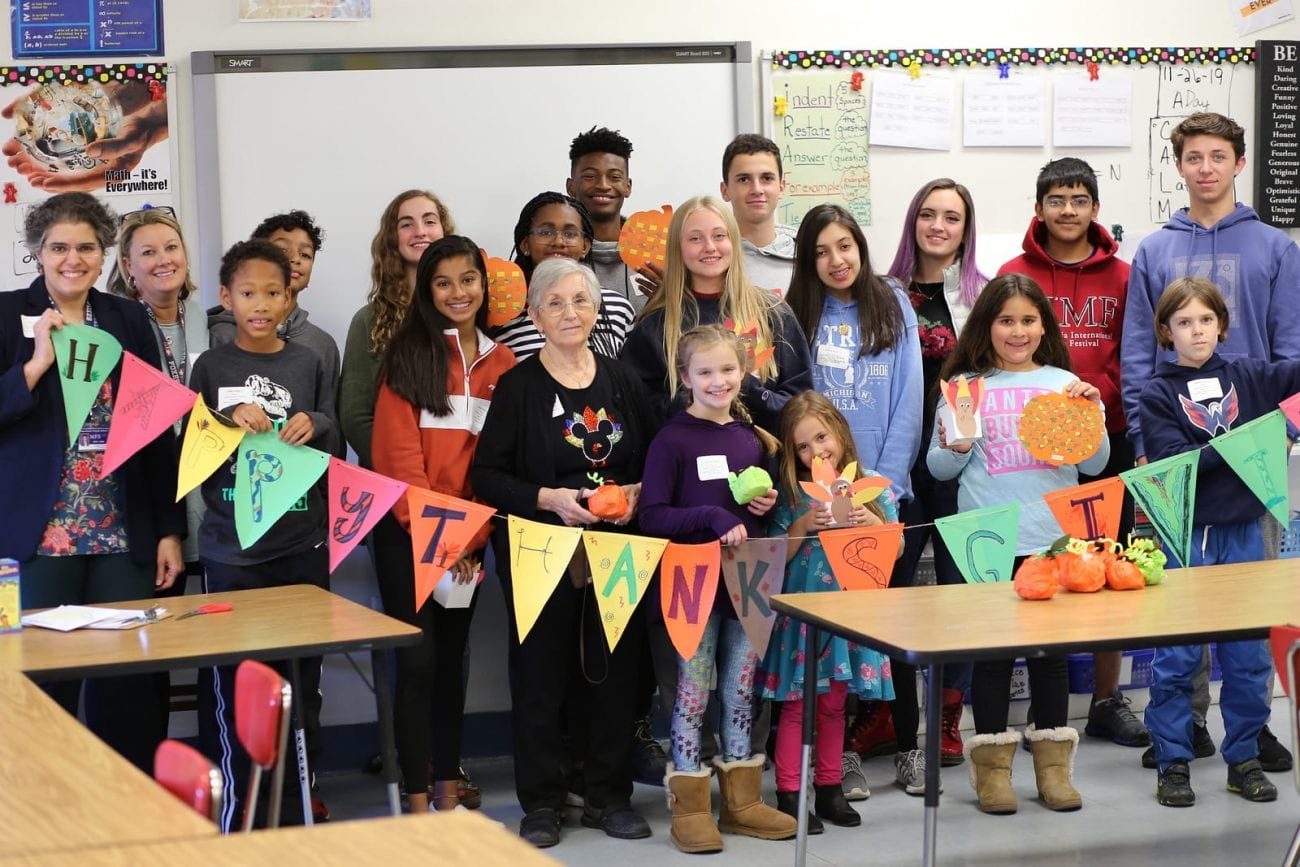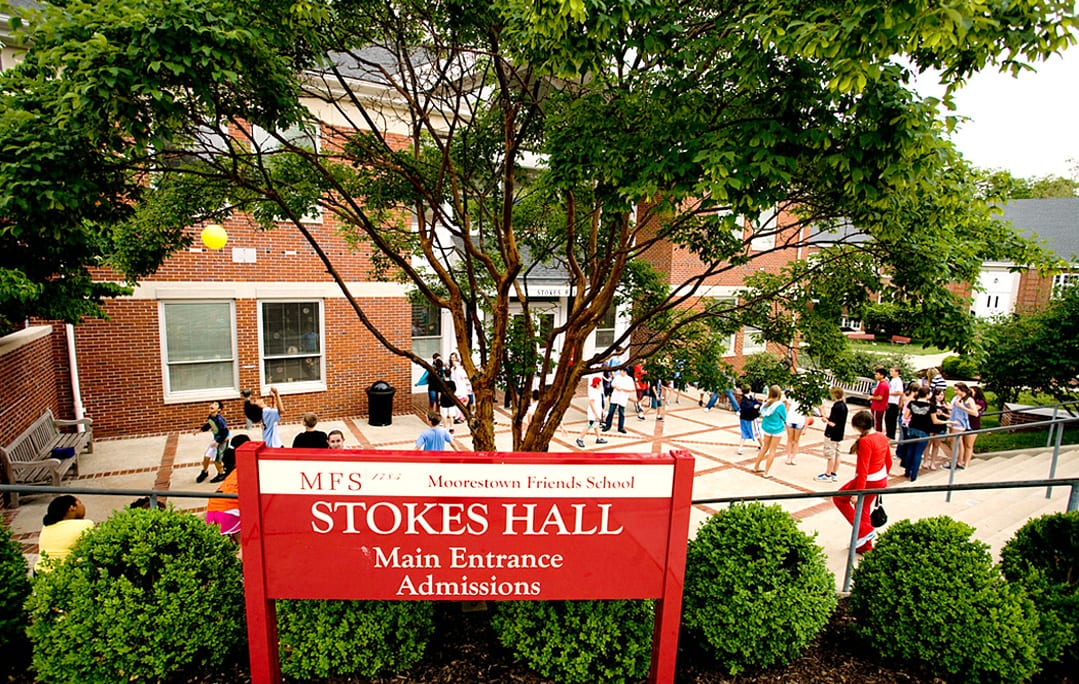Kindergarten
A Typical Day’s Schedule
Learning Centers After students complete their morning jobs, they engage in an assigned center activity that reviews previously taught skills and concepts. Center activities include math, literacy, handwriting and theme explorations.
Morning Meeting To build classroom community and prepare students for a successful school day, children come together for a Responsive Classroom-based meeting. During this time students greet each other warmly, engage in a sharing activity, enjoy a community building game and read a morning message composed by the teacher. During the work with the morning message, students build their knowledge of print, identify sight words, and review the mechanics of writing.
Literacy Phonics and handwriting provide the foundational skills necessary for successful reading and writing. We use the University of Florida Literacy Institute (UFLI) Phonics program in Kindergarten and First Grade to ensure a comprehensive understanding of phonological elements.
Snack Even this time of the day is an essential part of our curriculum! During snack, Kindergarteners count and sort portions, have community jobs, and build their conversational skills.
Special Area Class To enrich their day and build specialized skills, students attend many special classes including visual arts, coding, music, science, Spanish, computers, Quaker Education, library, and physical education.
Writing Workshop Using a workshop model, students build their writing skills through daily writing activities and regular conferences with teachers.
Handwriting Lessons Students perfect their pencil grip and letter formation through the Handwriting Without Tears program.
Playscape Time Climbing equipment, swings, slides, the sandbox, jump ropes, and other materials provide opportunities for developing gross motor skills. Social skills and conflict resolution skills are put into practice daily with teacher guidance.
Math Basic facts, as well as conceptual understanding, are developed through the Math in Focus program. Students learn to describe their mathematical thinking and problem solving strategies. Learning is hands-on with the use of many manipulatives and an interactive discussion book.
Lunch Lunch provides a relaxing social time as well as the opportunity to practice table manners and self-help skills.
Quiet Relaxation Time A chance for students to settle their minds and bodies. Soothing music or a peaceful story can be heard as students rest on mats.
Investigations Various fun learning experiences are chosen by students in the areas of language arts, math, art, and science. These activities may be theme related or an extension of the group’s interest.
Dismissal
Program Features
For children who are 5 years old by September 30.
- Extended Day Options
- Full Day, Five Days a Week
- Small Class Size of about 16
- 1:8 Teacher Student Ratio
- Phonics and Literacy Instruction
- Writing Workshop
- Math in Focus
- Handwriting Without Tears
- Quaker Values
Specials
- Coding
- Technology
- Spanish
- Art
- Music
- Physical Education
- Library
- Quaker Education

Special Events
-
All-School Picnic
-
All-School Thanksgiving Happening
-
Winter Concert
-
Arts & Literature Week
-
Spring Musical
-
Grandparents Day
- End-of-Year Family Party
Click here to view more photos of the Lower School (Preschool – Grade 4) at Moorestown Friends.


